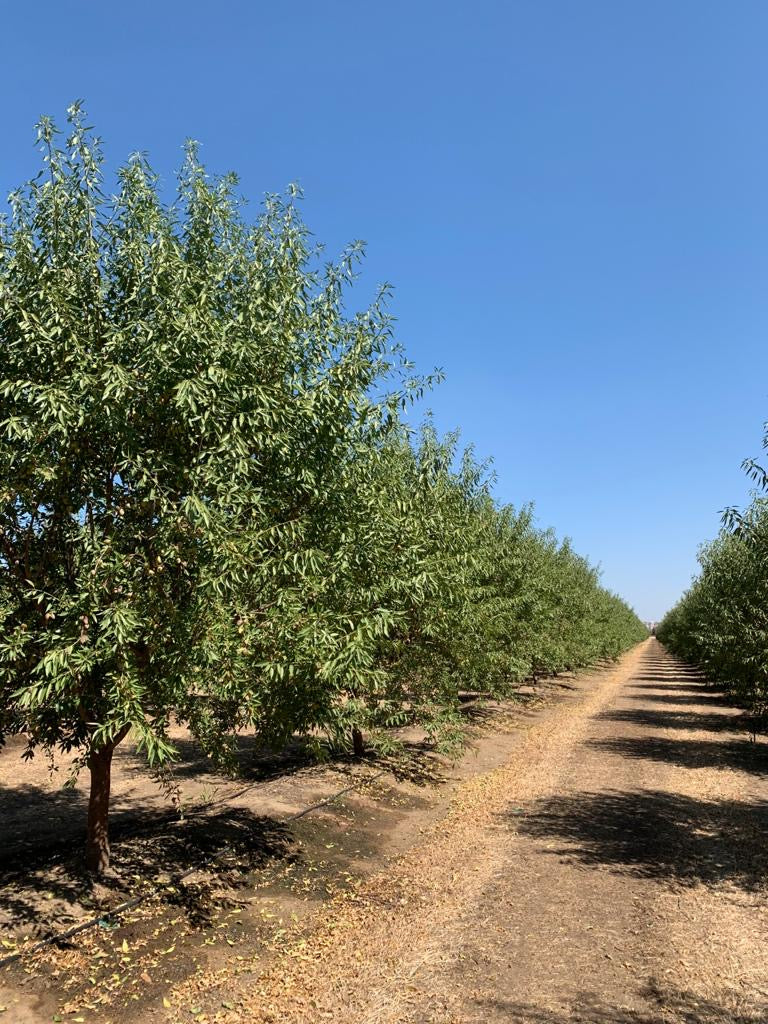
Meet Our Farmer: Bapu Almond Company
Oct 12, 2020| By JOI team
Oct 12, 2020| By JOI team
Meet Our Farmer: Bapu Almond Company
Almond-Base | Keto | Recipe | Sustainability |
At JOI, it's important that we not only source the best nuts, seeds and grains (after all, they are the main ingredient and this makes the JOI difference possible), but that we work with amazing and inspirational people. And this is what we get with Bapu - the best (conventional) almonds California has to offer, with a family that are genuine, inspirational and passionate about what they do.
 JOI sources all if its conventional (non-organic) almonds from our partner Bapu
JOI sources all if its conventional (non-organic) almonds from our partner Bapu
Bapu Farming Company was started back in 1992 by Sohan Samran and his two brothers with a single family farm in Madera, California. The name “Bapu” is a nickname you give to a grandfather in the Punjabi language and it is also how Sohan’s father is commonly referred to. Bapu brought his family over to America in the 1970’s and settled in California because he knew there was opportunity in agriculture. They saved up years of income from their labor contracting services to begin their own American Dream by buying some farmland with a small house for their growing family.
In 2005, Sohan became the sole proprietor of the company and continued to grow it. At this time, he oversaw 1,000 acres of almonds and wine grapes in two different counties. Flash forward 15 years and today Bapu Almond actively farms in four different counties with three different permanent crops: almonds, wine grapes and pistachios. In 2012, Sohan purchased an existing almond processing facility and rebranded it as “Bapu Almond Company, Inc.” With this vertical integration, he was able to grow his own almonds and be able to sell them to consumers to ensure that they would receive the best quality from farm to table.
 Sohan Samran and his two sons at Bapu Farms. From Left to Right: Karun Samran, Sohan Samran, Arjun Samran.
Sohan Samran and his two sons at Bapu Farms. From Left to Right: Karun Samran, Sohan Samran, Arjun Samran.
The Bapu Almond team now consists of Sohan and his two sons, Karun and Arjun. Both sons were born and raised in the San Joaquin Valley and learned the ins and outs of farming since they were children. Even at the age of 80, Bapu (Sohan's father) stills tries to do his part by driving around the farms and offering his advice and valuable insight to his son and grandsons.
Sourcing
All of the almonds that leave Bapu Almond either come from their own farms or other local family farms. Bapu Almond is a family operation, and enjoys working with relatives and close friends in the community. 100% of the almonds are sourced from the San Joaquin Valley grown by multi-generational family operations.

Water
California’s most precious commodity is not almonds or award-winning wines - it's water, which is the vital bloodline for the agricultural industry and the state’s growing population. Bapu Almond is committed to preserving as much as possible while still pushing for yields. All of the fields utilize drip irrigation, allowing Bapu Almond to precisely irrigate each tree by applying water on the ground right above the roots. They also work with irrigation consultants, who monitor the soil conditions, record the moisture in the crops, and watch the weather forecasts to help with irrigation scheduling. This means Bapu Almond can apply the right quantity of water at the exact time.
Additionally, Bapu Almond has been implementing new irrigation technology that lets them see the water conditions at the numerous ranches in real time. Soil moisture sensors help to avoid overwatering past the root zone, and water pressure sensors help find irrigation leaks by sending alerts whenever there is a pressure loss. New technologies like these help the operation to save water and energy with the convenience of being able to monitor fields with everyday devices.
In California, almonds are in the top tier of water usage compared to all other crops. We've all heard that it takes one gallon of water to produce one almond - but if we look at it holistically, the water does not only go into producing just the almond. The trees use that water to complete photosynthesis and produce carbohydrates to be able to grow its limbs, leaves, and roots. Almond trees are ever-growing and can reach up to 25 feet tall, grow a trunk with a diameter of 18 inches, and are anchored down by a root system as expansive as the tree above it. On top of that, the almond kernel is not the only thing the tree is producing - almonds are part of the same families as peaches. Hence, they share the same attributes: the almond is covered by a hard shell that is similar to the pit in a peach and a soft fleshy part that encloses it all. The difference is that while you eat the soft flesh of the peach and dispose of the pit, you are actually doing the opposite with almonds. After harvest, Bapu Almond mechanically removes the hulls and shells so that they are left with the almond kernel that everyone is familiar with. However, they do not let the byproducts go to waste - instead, they get used as animal feed or incinerated for electricity production.

The Bees
Bees are not only vital to the agricultural industry, but crucial within our ecosystem, and while we are not (yet) bee certified, both JOI and Bapu Almond are dedicated towards helping to save our bees. Bapu Almond only works with responsible beekeepers, and maintaining a good relationship with them (and the bees!) is key. While most beekeepers drop off the bees and only follow up with growers for payments and when they can pick up their bees, our beekeepers routinely check on their bees and ensure their hives are in good health by applying additional food or water if need be. When this happens, all farming practices are put to a stop to ensure the bees are neither distracted nor harmed by tractors while pollinating.
The Almond Industry as a whole is continually doing their part towards the conservation of bees. Studies have been done by the Almond Board of California over the last decade to see how common practices, including the use of pesticides, are negatively impacting bees, and new regulations have been put in place (and will continue to do so) to ensure their safety and well-being.
Pesticides
In order to feed the world’s growing population (and by California law), farmers need pesticides in their toolbox. Even organic farmers use organically approved pesticides. There are many types of pesticides but the ones almond growers mainly use are insecticides, larvicides, herbicides, and fungicides. Here is why each one’s use is important to farmers and consumers:
-
Insecticides and Larvicides: Almond growers apply these pesticides to protect their trees and the almonds from harm-inducing insects. We need to protect the leaves from mites - a genera of insects that eat almond leaves as the temperatures get warmer. The biggest pest for the almond industry is the Navel Orange Worm. Moths of this insect lay eggs inside the almonds, which hatch into worms that feed on the almonds. Insecticides and larvicides are used to keep these populations down.
-
Herbicides: Growers need to keep the floors of their fields clean for numerous reasons so they spray herbicides to kill unwanted weeds. Letting your field grow amuck with weeds and flowers can be a very costly and damaging nuisance. First off, the weeds can be a home for unwanted insects that can damage your crops. They also compete with your crop for water and nutrients in the soil. By applying herbicides and keeping the weeds at bay, it actually allows the farmer to use less water, fertilizer and other pesticides in the long run.
-
Fungicides: California may seem like a dry state to the outside eye, but on average we receive 8-12 inches of rain in the San Joaquin Valley. The canopies of trees, vines and row crops are very dense, so the inside of them tend to get very humid after rain events or even after applying a significant amount of water. Humidity and moisture are breeding grounds for fungi and mold. Farmers protect their crop by applying fungicides to prevent their crops from becoming moldy or, in the case of almonds, to protect the almond blooms and allowing them to become almonds. Fungicides save crops and ensure consumers have affordable and quality foods available to them.
One of the most important values that we have here at JOI is transparency. We are a small team and we try our best to be open and honest with everything we do. To have partners like Bapu Almond, who share these values and are open to have us share their story, means everything to us and hopefully for you, our customer. While there is plenty more work to do to increase the health of the planet, we're proud to work with partners like Bapu Almond to take the right steps towards that goal.
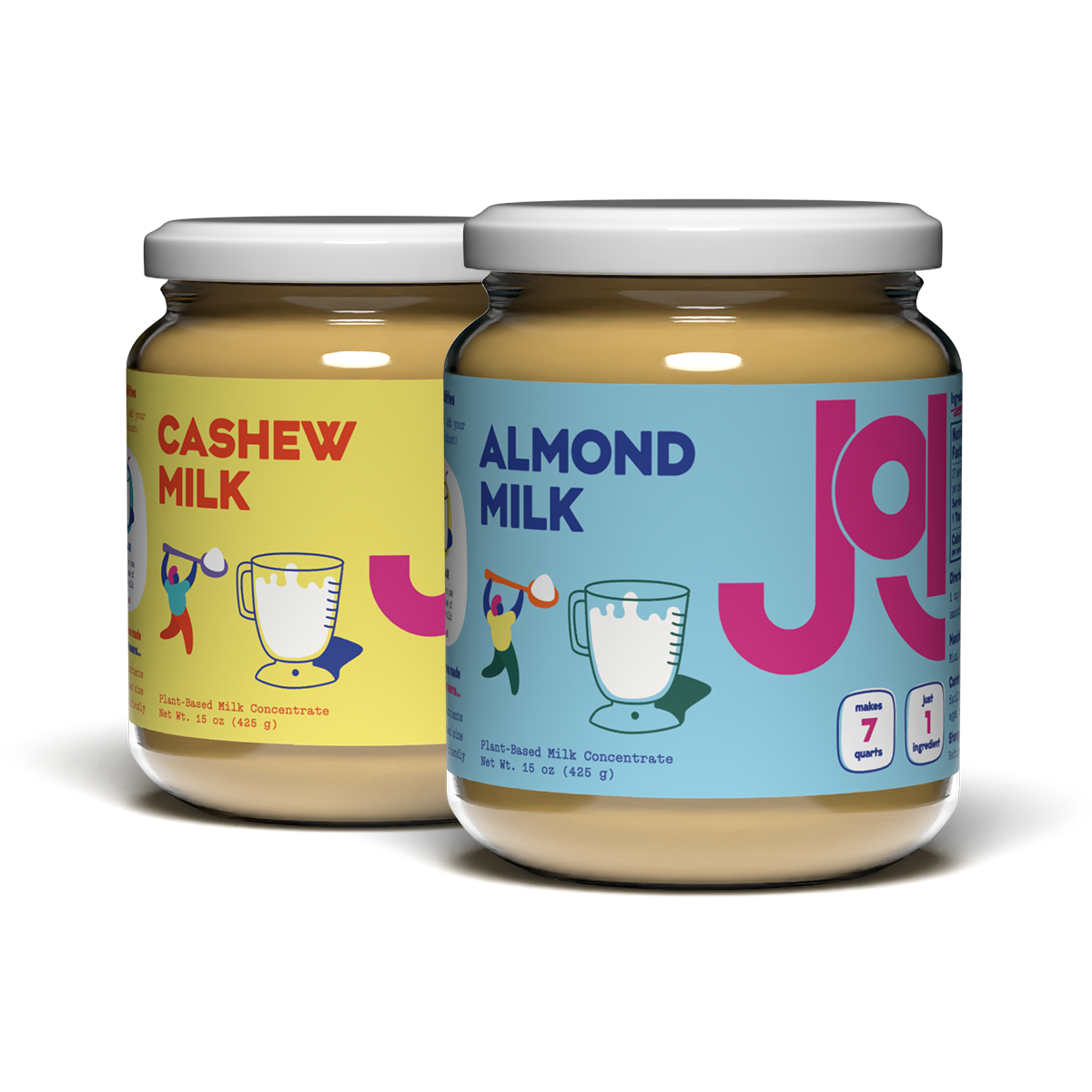
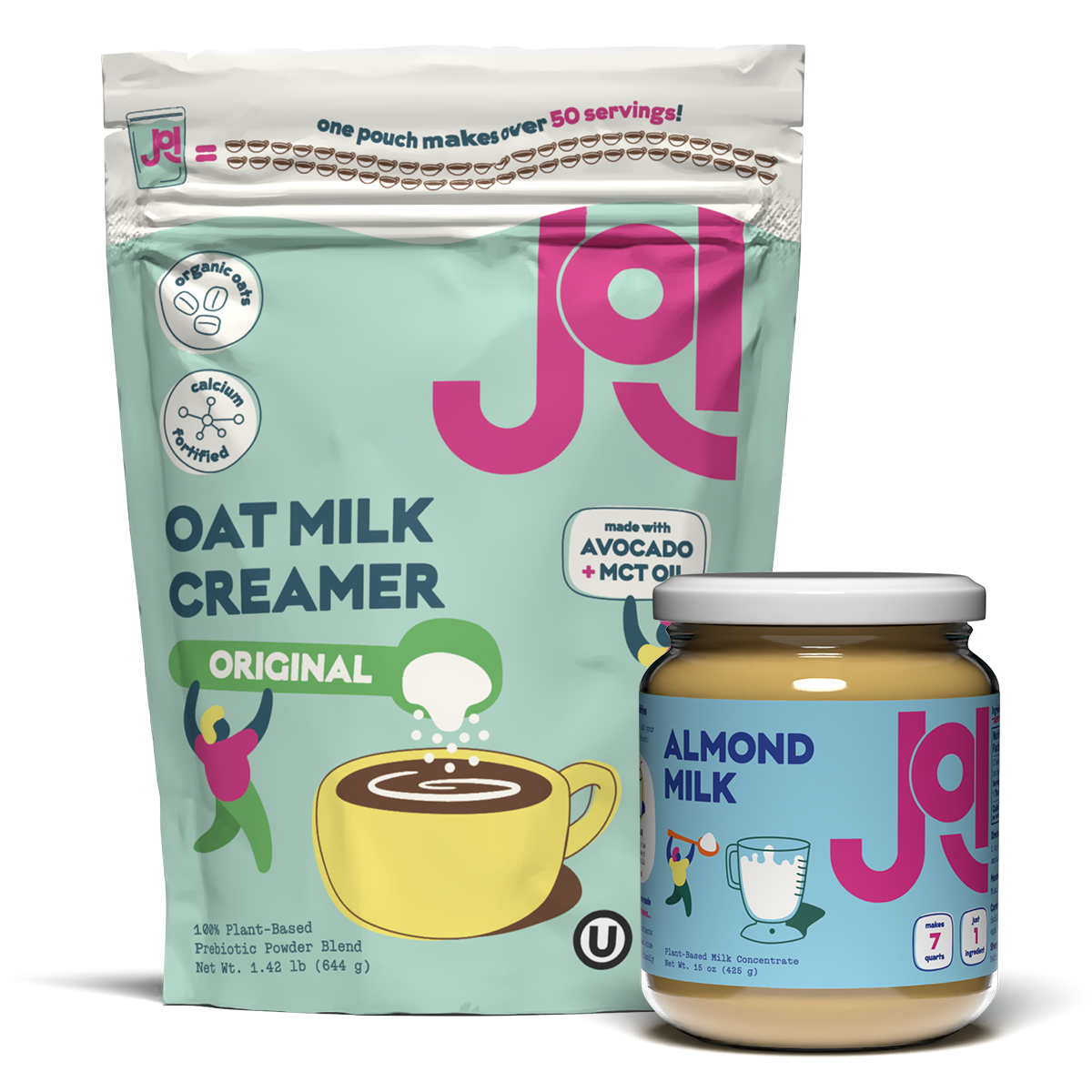

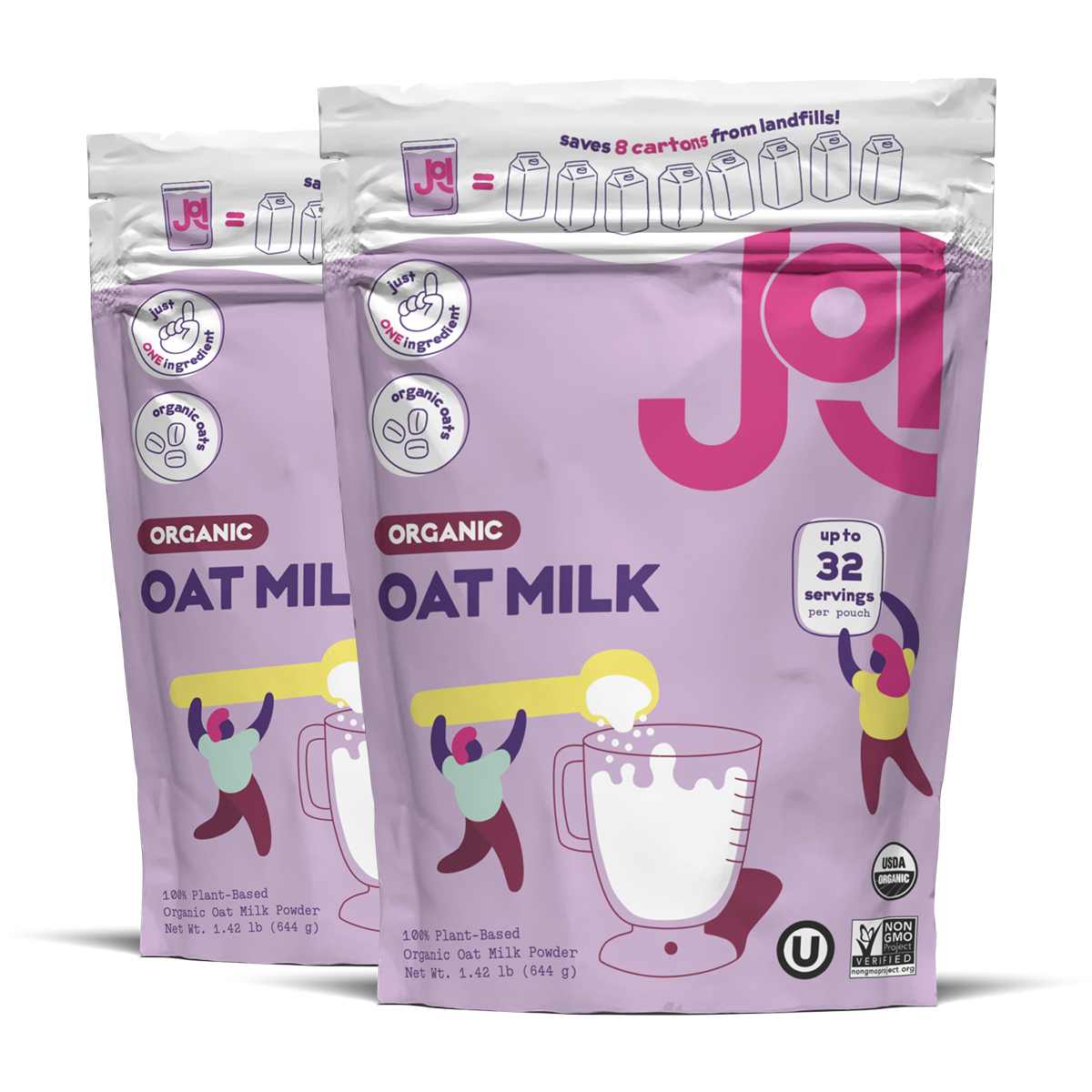



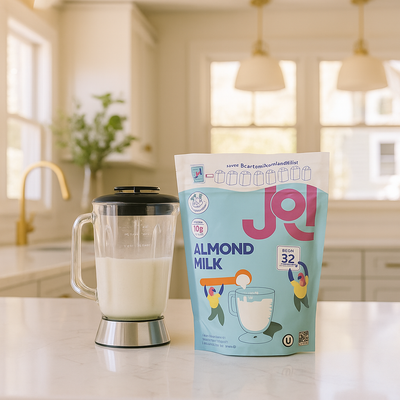
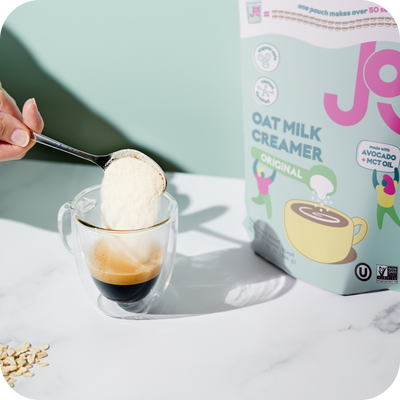

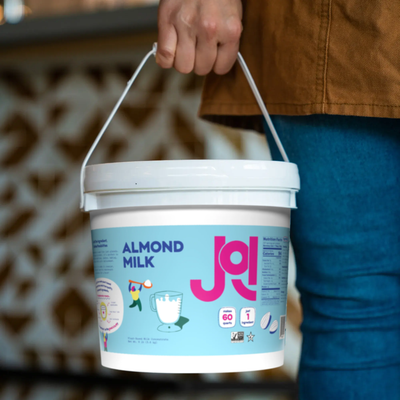
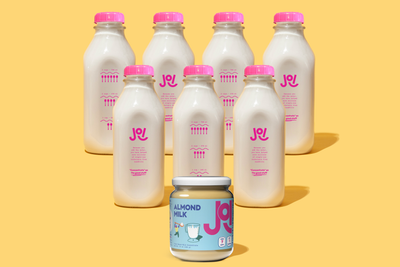


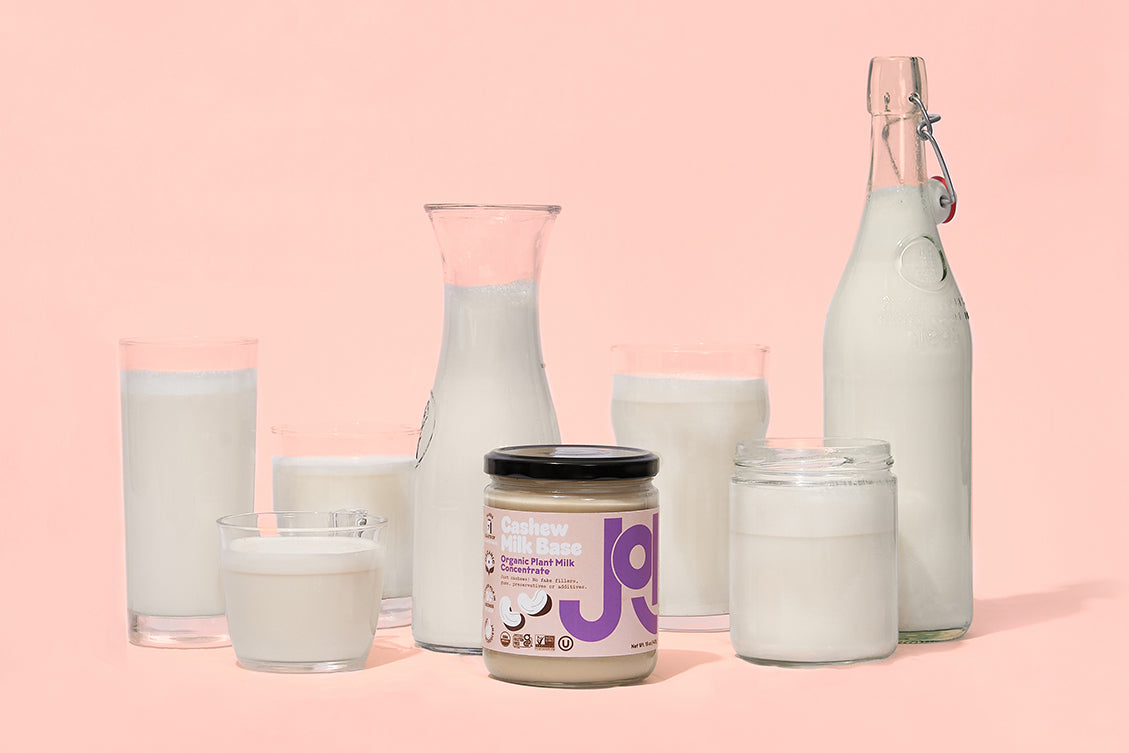

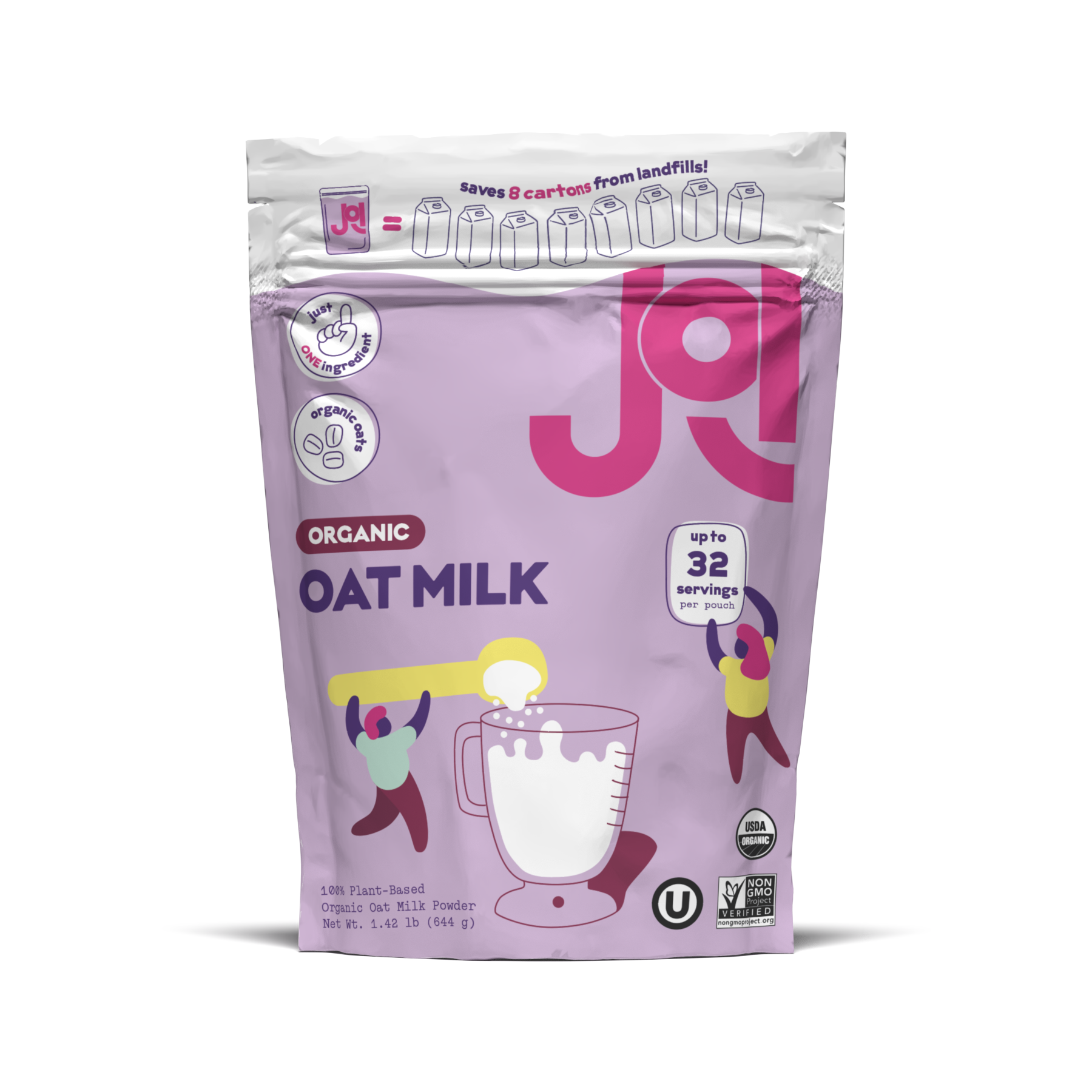
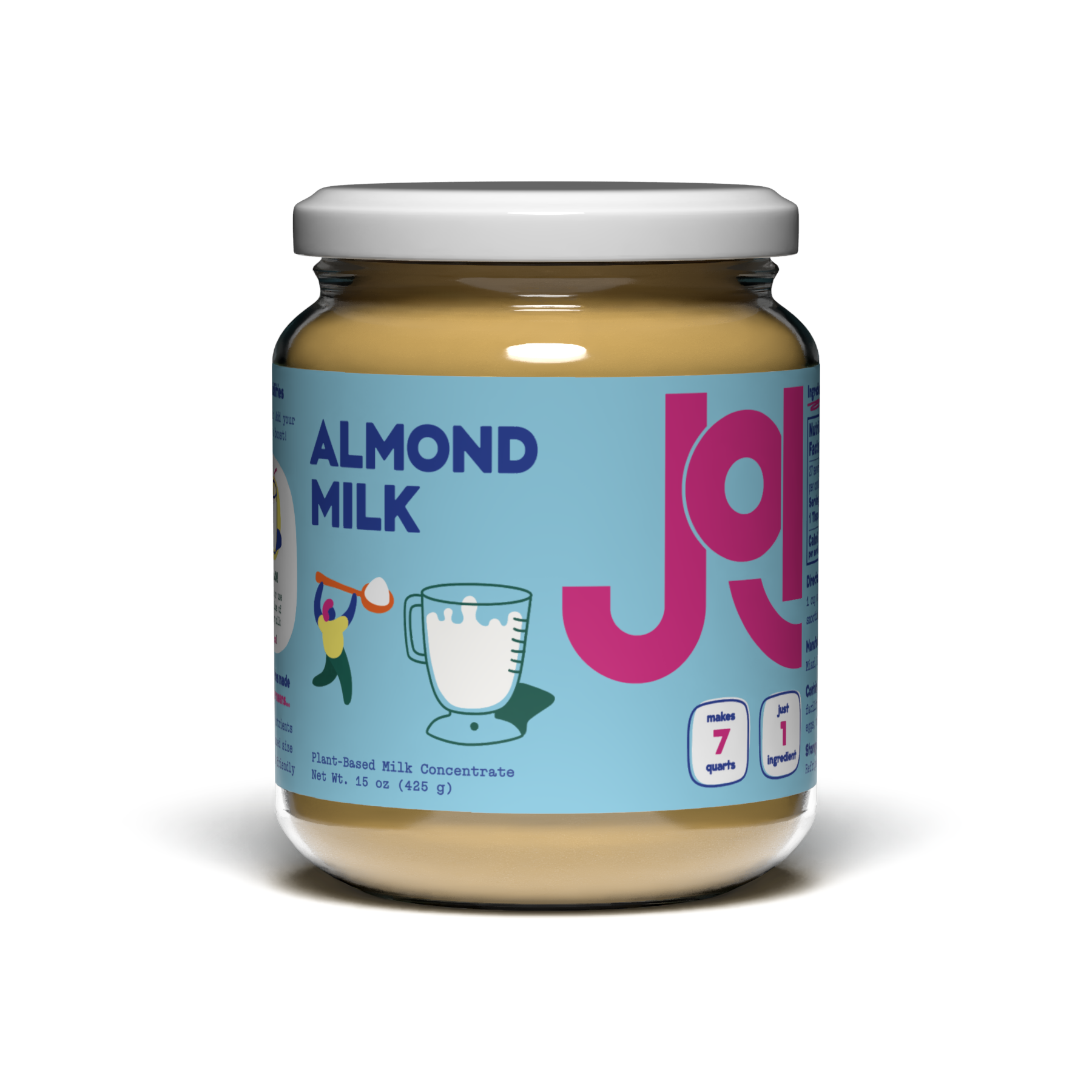
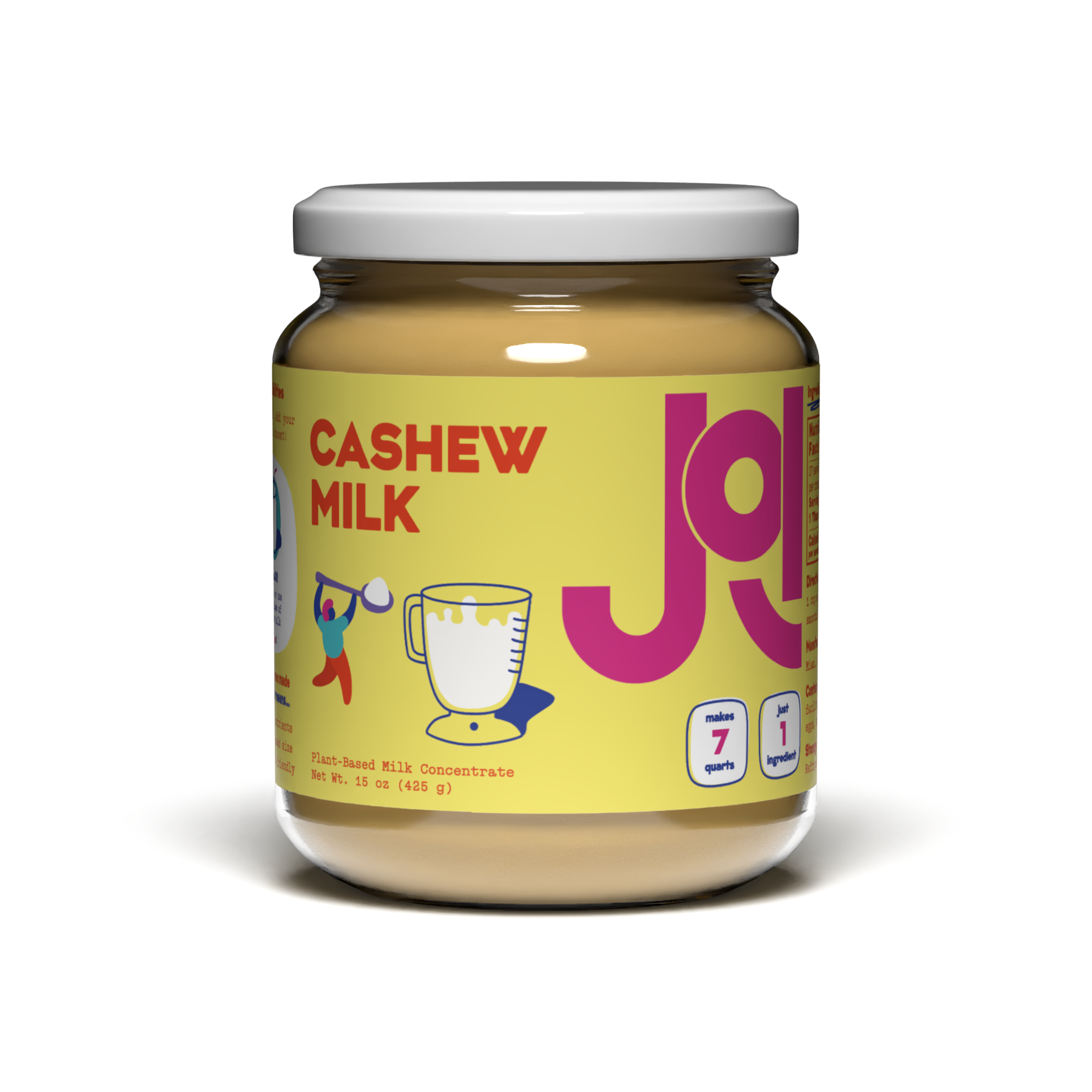
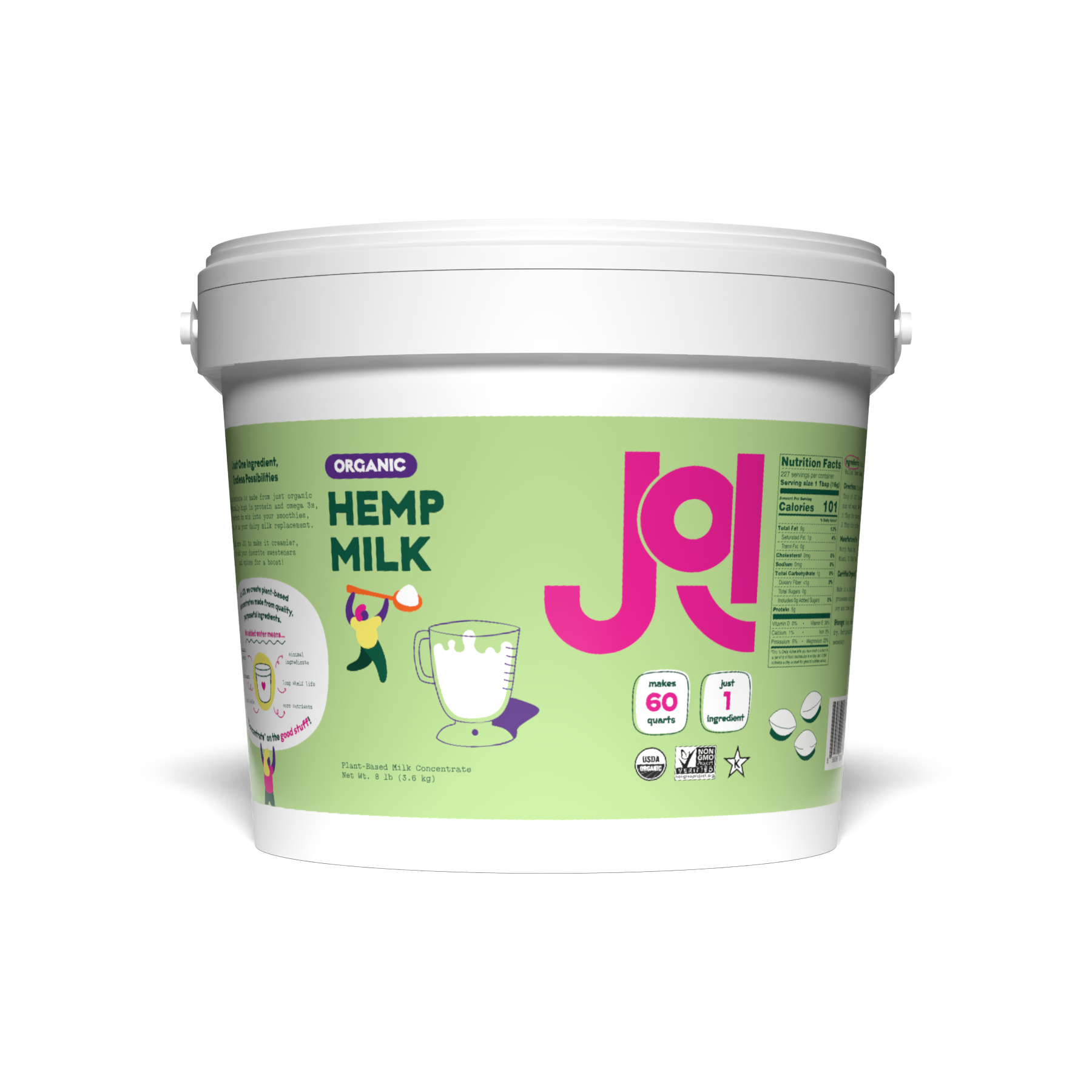
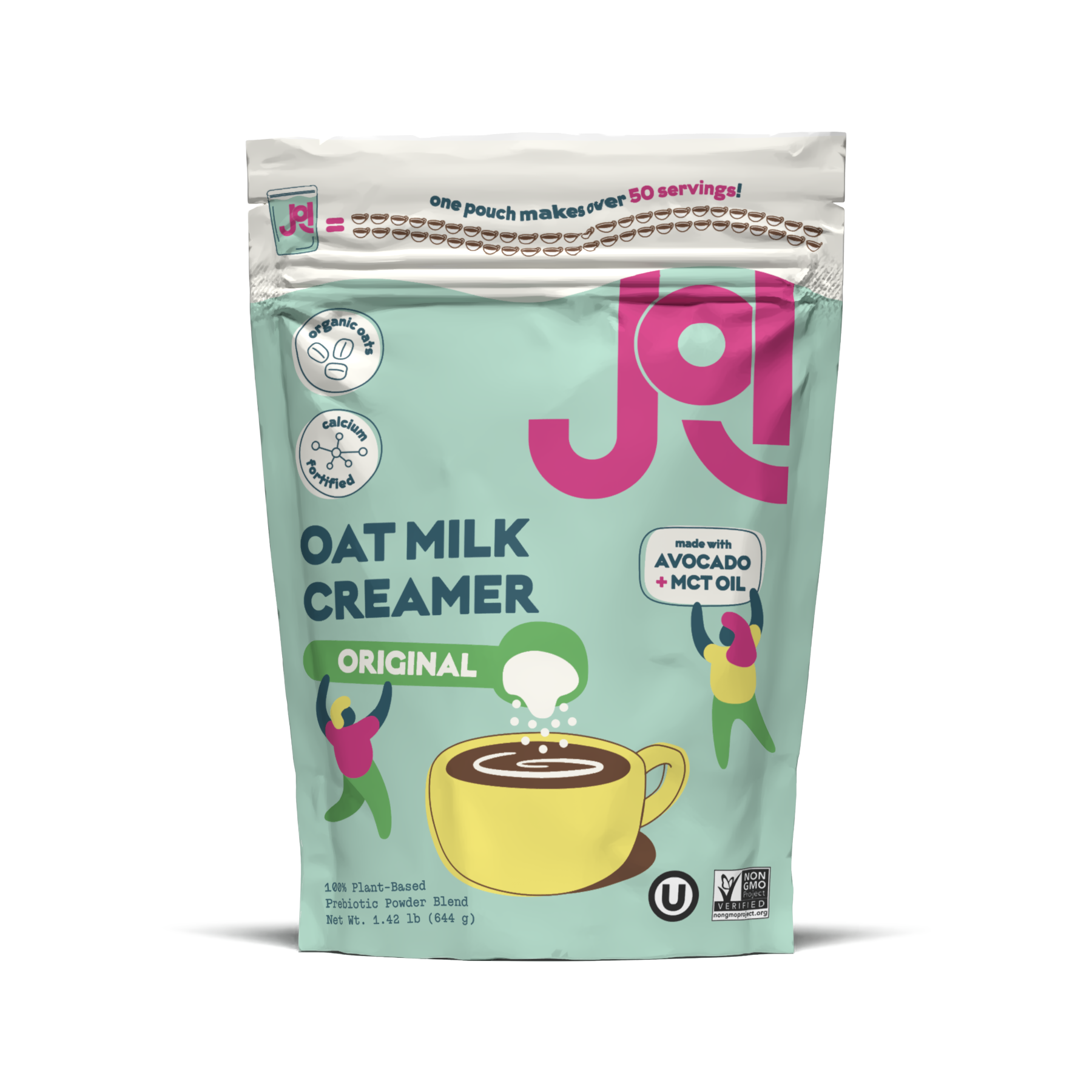
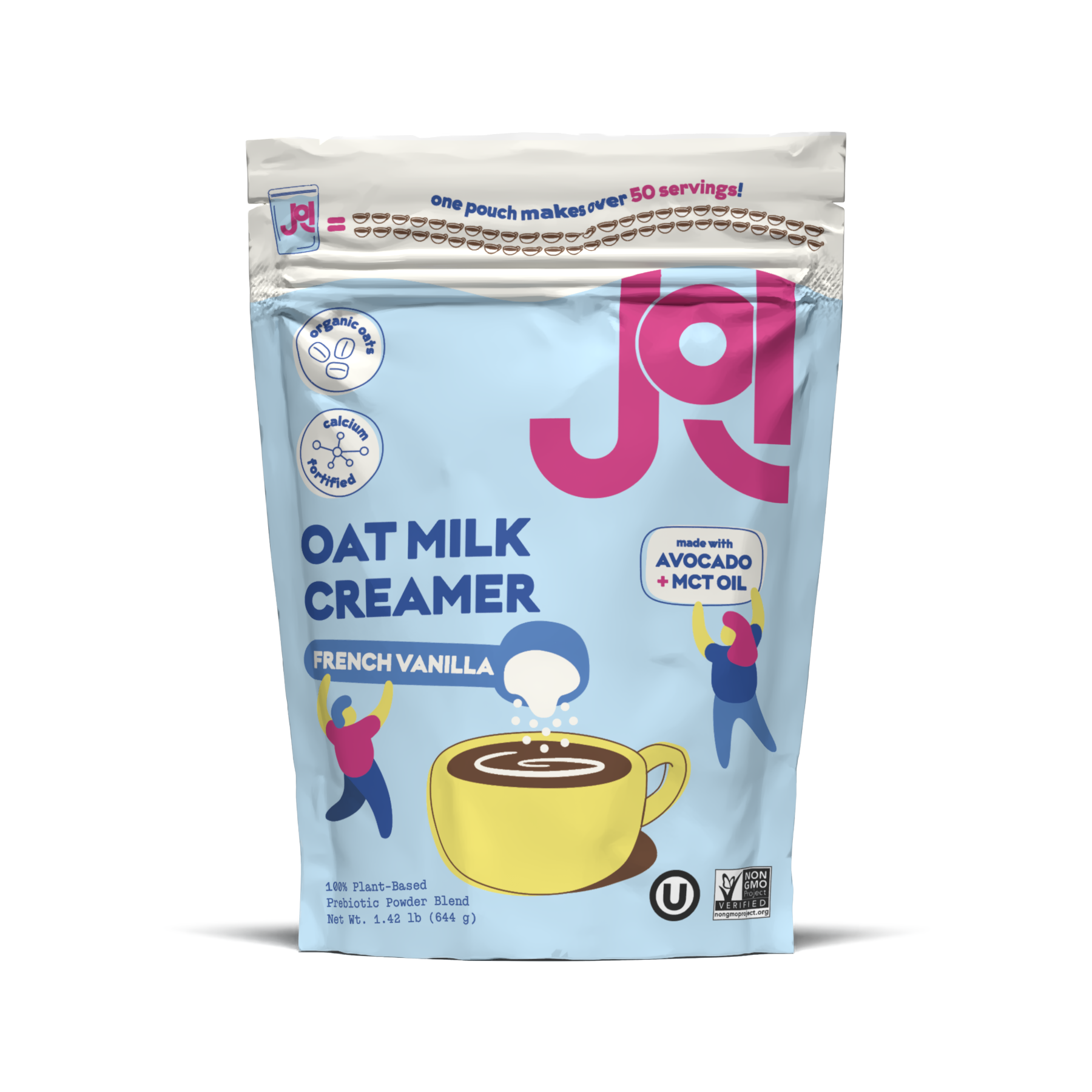
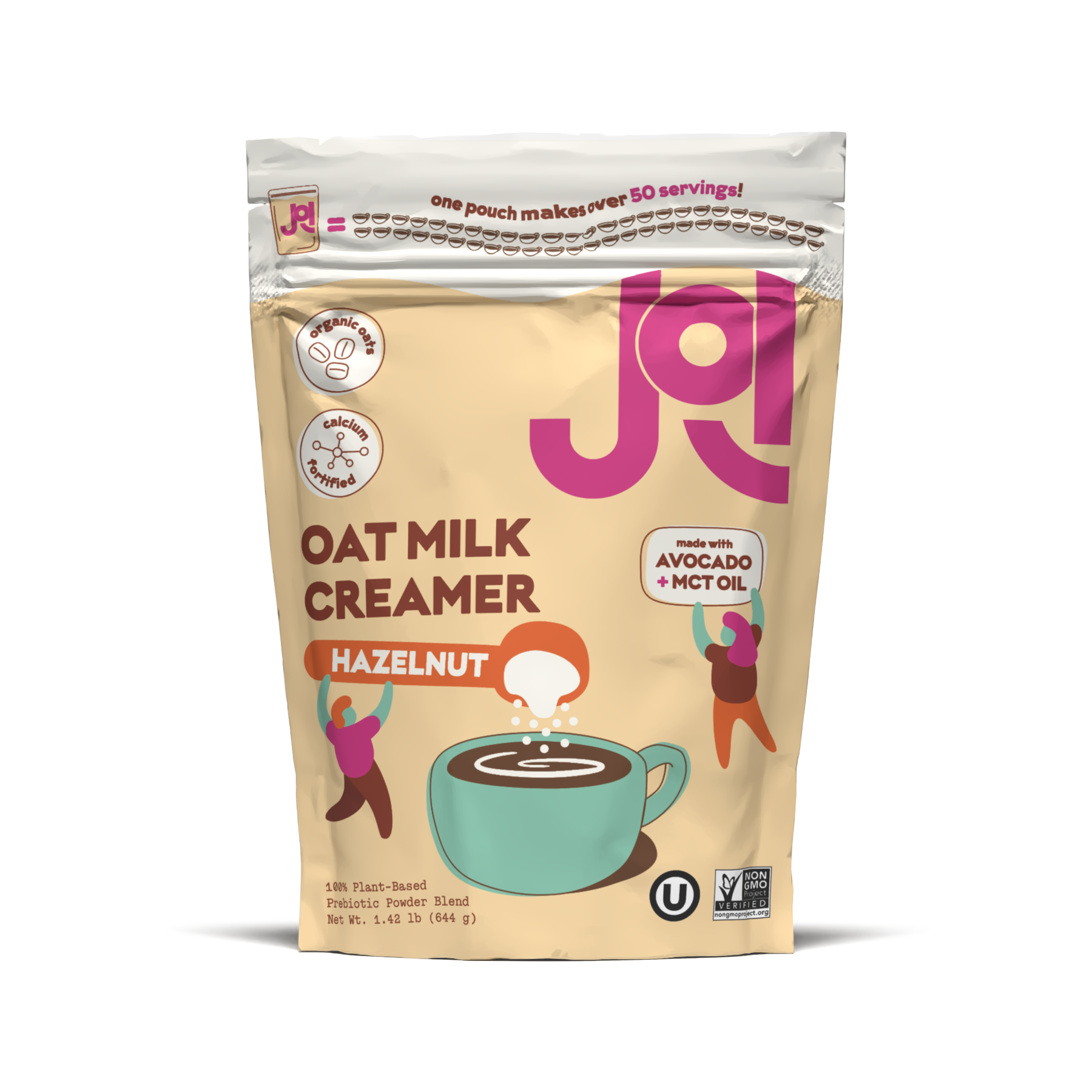
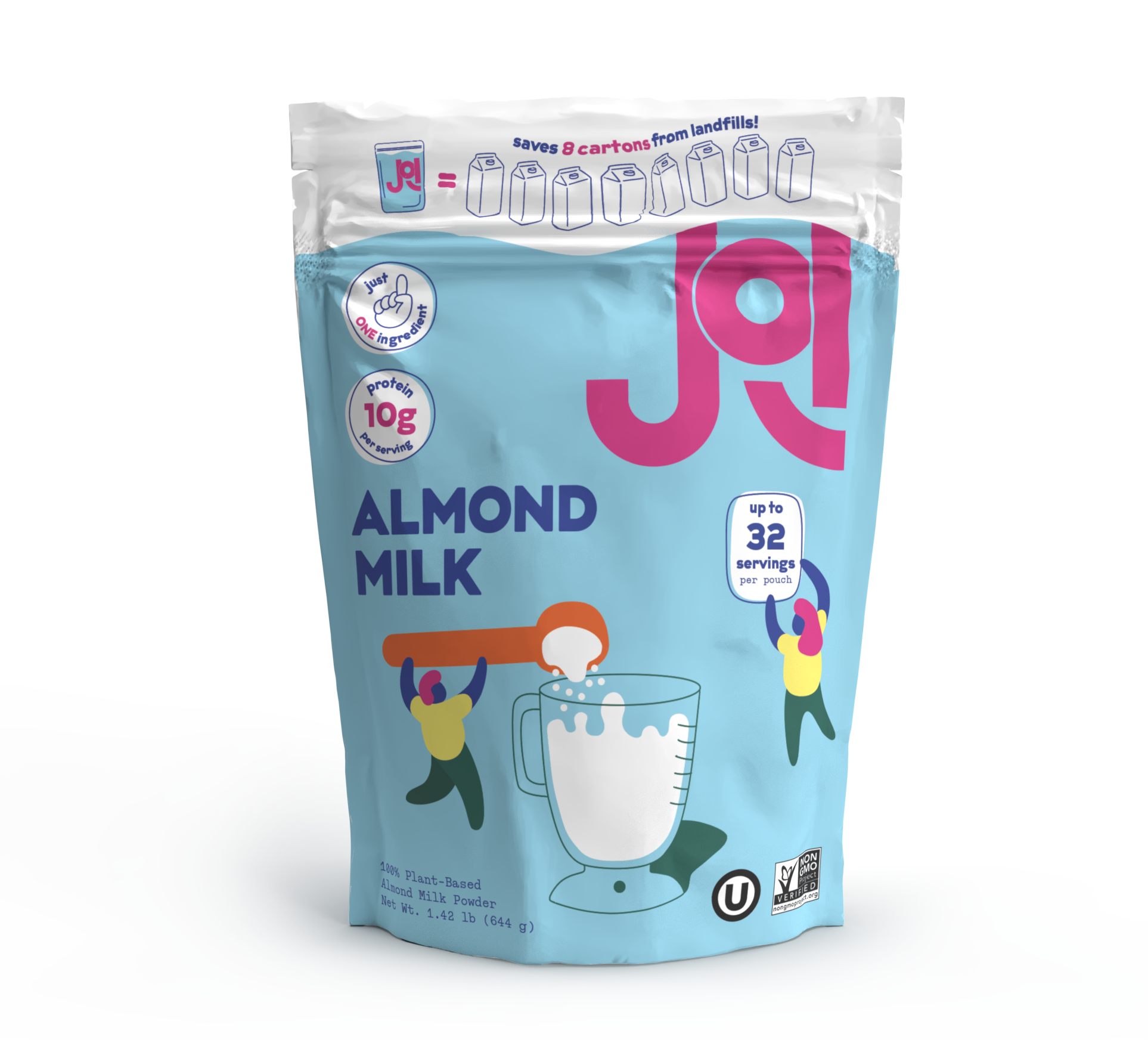
 CHECKOUT
CHECKOUT
1 comment
Thank you so much for posting this information, I need to know how much cost per pound of the US extra almond
size 20/22 , 25/27 if we need to order one container of each to send it to Germany,
Thank you:)